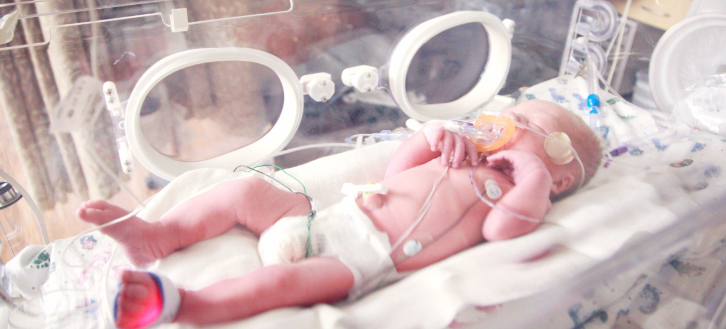Photo Credit: iStock.com/Mohammed Haneefa Nizamudeen
The following is a summary of “Kidney Transplantation In Lupus Nephritis: A Comprehensive Review Of Challenges And Strategies,” published in the March 2025 issue of the BMC Surgery by Jiang et al.
Lupus nephritis (LN) is a serious manifestation of systemic lupus erythematosus (SLE) that significantly affects long-term renal outcomes and patient survival. Despite advances in immunosuppressive therapies, a substantial proportion of patients with LN experience progressive kidney function decline, ultimately leading to end-stage renal disease (ESRD), where kidney transplantation remains the most effective treatment option. However, the autoimmune nature of SLE presents unique challenges in determining the optimal timing for transplantation and implementing appropriate post-transplant management strategies to minimize the risk of disease recurrence and graft loss. This review synthesizes current guidelines and recent research to identify best practices for optimizing kidney transplantation in patients with LN.
Recent advancements in immunosuppressive therapies, including calcineurin inhibitors, novel agents such as Voclosporin, and biological therapies like belimumab, have led to improved disease control and reduced relapse rates. Additionally, emerging biomarkers such as urinary monocyte chemoattractant protein-1 (MCP-1) and B-cell activating factor are proving valuable in assessing LN activity and predicting post-transplant recurrence risk. Current guidelines emphasize the necessity of achieving sustained clinical and serologic remission before proceeding with transplantation, with most recommendations suggesting a quiescent disease period of at least six months.
However, emerging evidence supports the potential benefits of preemptive transplantation in selected patients, as well as the use of personalized immunosuppressive regimens tailored to an individual’s immunologic profile to enhance graft survival. Post-transplant care focuses on maintaining an optimal balance between immunosuppression and immune control, with newer approaches integrating targeted therapies to mitigate allograft rejection and LN recurrence. This review consolidates recent advancements and evolving strategies in the management of patients with LN undergoing kidney transplantation, emphasizing the importance of precise disease monitoring, individualized immunosuppressive protocols, and timely intervention to improve long-term patient and graft outcomes.
Source: bmcsurg.biomedcentral.com/articles/10.1186/s12893-025-02832-w














Create Post
Twitter/X Preview
Logout